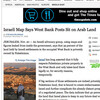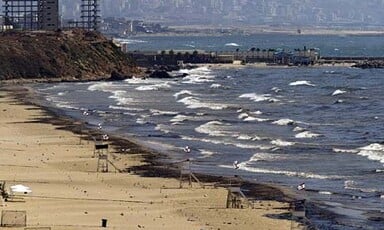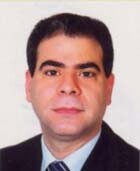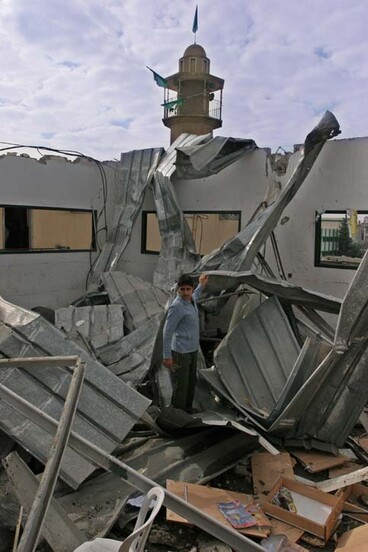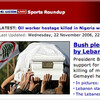
Media Beat: BBC scientists announce Mariana Trench of Irony is filled with salty, reptillian, American, clusterbomber tears
22 November 2006
A team of scientists, working in the BBC’s Children’s Science Unit, who recently completed an exhaustive week-long undersea geological survey of the Mariana Trench of Irony, the deepest known submarine trench in the world, announced today that the water tested seemed to be primarily composed of salty, reptillian, American, clusterbomber tears. In related front page news… Read more about Media Beat: BBC scientists announce Mariana Trench of Irony is filled with salty, reptillian, American, clusterbomber tears
